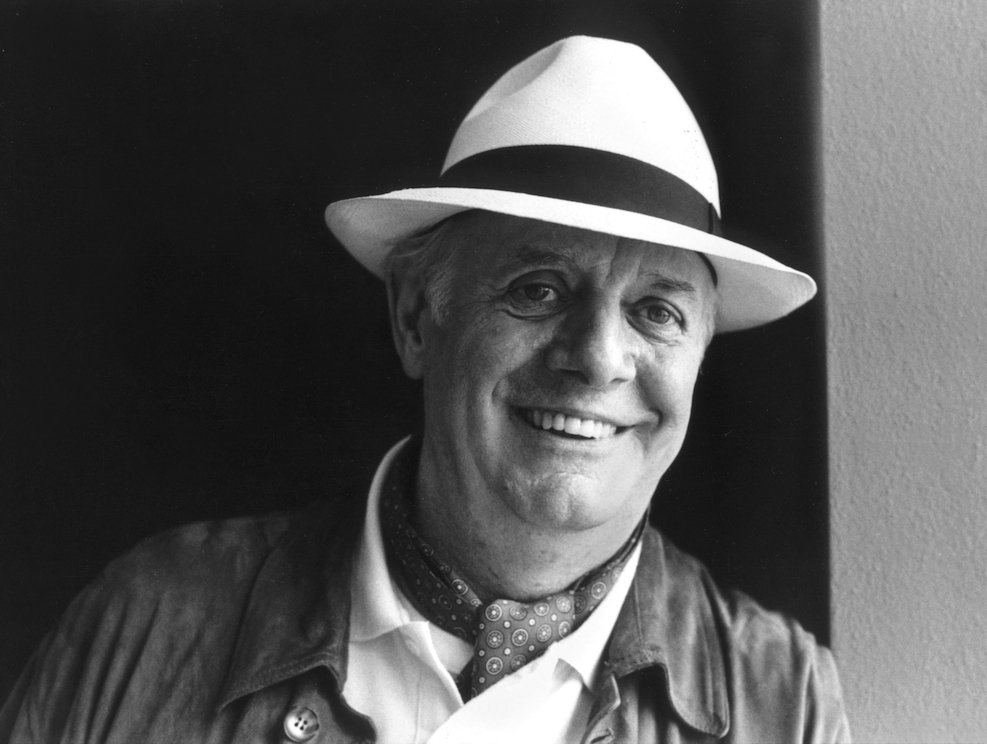The Italian playwright wrote for the downtrodden and the oppressed
I first came across Nobel Prize-winning playwright Dario Fo during a conversation with noted Hindi and Urdu dramatist and author Shahid Anwar, who did a translation of the Italian playwright’s works such as The Accidental Death of an Anarchist and The Tale of a Tiger. The plays went on to be staged at various auditoriums of Delhi. Anwar would often draw comparison between Fo’s works and German playwright Bertolt Brecht (in fact Fo openly acknowledged the latter to have been his inspiration). Being a theatre activist and deeply interested in Brecht, I began reading up Fo. Besides similarities in the way the two artists conceived and conceptualized their art, they also earned the ire of the establishment, particularly the USA. Fo was often banned from entering the country, a fate also shared by Charlie Chaplin and Gabriel García Márquez.
Fo was both an actor and a director, who works subverted the traditional character of the medieval jester and heavily drew upon the improvisational techniques of commedia dell’arte. He drew artistic inspiration from a wide range of progressive intellectuals including BertoltBrecht, Anton Chekhov, neo-Marxist political theorist Antonio Gramsci, Soviet poet, playwright, and actor Vladimir Mayakovsky, Molière, and George Bernard Shaw, among others.
Fo’s most famous play The Accidental Death of an Anarchist reviles in the dark humor of the dark times and is a vitriolic attack on the establishment and the politics of coercion. Anarchist (1970) is about an Italian railway worker who was either thrown or fell from the upper story of a Milan police station as he was being questioned on suspicion of terrorism. Mistero Buffo (Comic Mystery, 1969) ridiculed and lampooned politics and religion, laying bare the nexus between them.
Fo’s plays thrilled audiences across the world. Belonging to modest roots, he brought theatre out of the stranglehold of lavish auditoriums and concert halls. Never one to shy away from his roots, he brought theatre to the masses. From factories occupied by striking workers to university sit-ins to city parks, prisons and places of worship, his plays were performed wherever he could sense dissent and oppression.
Fo believed till the last that his art has to stand for the man on the street; it has to speak to them. He frequently rubbished the claim that art could be for the sake of art and that it could be divorced from moral, didactic, or utilitarian function. His works always had a social and politicalagenda.Therefore, throughout his long career, Fo encouraged directors in his own country Italy and around the world to adapt his plays to local issues. “A theater, a literature, an artistic expression that does not speak for its own timehas no relevance,”he said in his Nobel lecture.
Friedrich Nietzsche, one of Fo’sinfluencers, also debunked that there could be art for the sake of art. “What does all art do? Does it not praise? Glorify? Select? Highlight? By doing all this it strengthens or weakens certain valuations…. Art is the great stimulus to life: how could one understand it as purposeless, as aimless, as l’art pour l’art (art for the sake of art)?”
No wonder, the Swedish Academy praised Fo as a writer “who emulates the jesters of the Middle Ages in scourging authority and upholding the dignity of the downtrodden.”
In fact, Fowas quite taken aback when he learnt of the Nobel Prize. He knew the purists of literature viewed his works as nothing but degraded farce.
“I have become famous for my aversion to figures of reverence and genuflections of any kind. This Nobel business is a real comedy. I can imagine the look on the faces of certain state officials, magistrates and politicians I know. They take great pains to shut me up and clap me in handcuffs, and the Swedes go and play a trick like this … (Receiving the prize) would be like acting in one of my plays.”
But when he did receive his prize, he expressed his gratitude and told the Nobel committee: “Yours is an act of courage that borders on provocation.”
Disclaimer: The opinions expressed in this article are the personal opinions of the author. The facts and opinions appearing in the article do not reflect the views of NEWSD and NEWSD does not assume any responsibility or liability for the same.


















